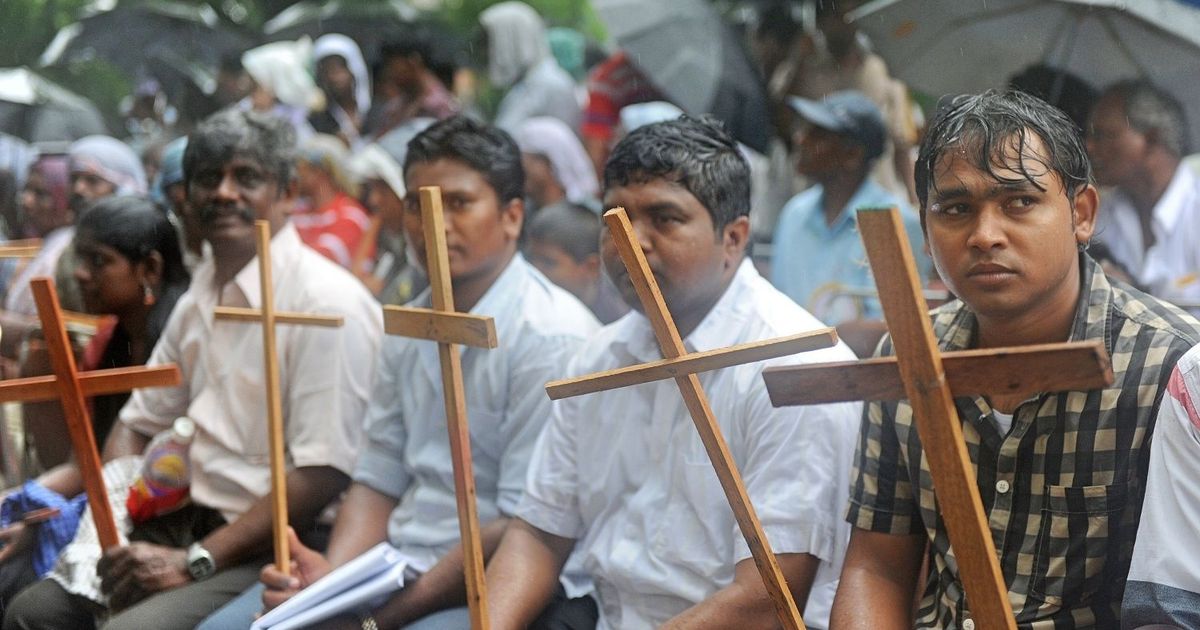
By Dr. Smit Gupta 10 November 2023
In the wake of the tragic incident that shook the southern state of Kerala, India, the safety and security of Christians in the country has come under renewed scrutiny. The suspected bomb blast during a Jehovah’s Witnesses prayer meeting in Kochi, resulting in one death and 36 injuries, underscores the mounting challenges faced by religious minorities in India. India is known for its religious diversity, with a rich tapestry of faiths coexisting harmoniously for centuries. However, recent years have witnessed a troubling rise in ultra-nationalism, accompanied by a disturbing surge in religious extremism. This concerning trend has raised serious questions about the safety of minority communities, including Christians.
The explosion that occurred during a Christian prayer meeting in Kerala serves as a poignant reminder that India’s Christian population, which constitutes just two percent of the nation’s 1.4 billion people, often finds itself on the periphery of mainstream discourse and public attention. This incident has once again brought their concerns to the forefront, underscoring the urgent need to address the broader context within which it transpired.
Jehovah’s Witnesses, with a global presence known for their peaceful approach to proselytizing, have found themselves in the crosshairs of this unfortunate incident. Their message, centered around non-violence and political neutrality, represents an essential part of India’s diverse religious landscape. However, the attack on their gathering raises questions about the security and freedom of worship for all religious communities. The incident in Kerala occurred against a backdrop of simmering tensions in the state, which is home to a significant Muslim population. The timing, with former Hamas leader Khaled Mashal addressing a pro-Palestinian rally in Malappuram, has led to speculation and condemnation from some quarters. While there is no direct evidence linking the two events, social media was ablaze with insinuations, further highlighting the delicate religious balance in the region.
The safety of Christians in India has become a pressing concern, given the rise of ultra-nationalism and religious extremism. The current political climate, marked by the ascent of Hindutva nationalist ideas, has fueled religious tensions and resulted in the targeting of minority communities, including both Muslims and Christians. It is crucial for India’s leadership to address these concerns effectively. The government’s fundamental responsibility is to protect the rights and security of all its citizens, regardless of their religious beliefs. As a secular democracy, India must uphold the principles of equality and freedom of worship for every individual.
Moreover, the international community should take note of these developments. India, as the world’s largest democracy and a nation known for its religious pluralism, has a global responsibility to ensure that all religious communities can practice their faith without fear. The incidents of violence and persecution targeting Christians are not isolated incidents but rather reflective of a concerning trend that necessitates global attention and action.
In conclusion, the safety of Christians in India is a matter of grave concern, especially given the backdrop of rising ultra-nationalism and state-backed extremist groups. The recent incident in Kerala underscores the urgent need for comprehensive efforts to ensure the protection and rights of all religious minorities in the country. India’s reputation as a diverse and inclusive nation is at stake, and it is essential that the government takes decisive measures to curb religious extremism and guarantee the safety of its citizens, regardless of their faith.
BJP government has been using diversionary practices for its own political stakes. Extremism has increased in India just because of BJP’s ultra-nationalist forces and state backing behind all these terrorist outfits. Instead of answering these major challenges, BJP only emanates as it has done a wonderful job in strengthening India’s social fabric. While in reality the social fabric in India is totally shaken. The roots that took hundreds of years to establish is weakened by BJP’s electoral policies. India is severely lacking in protecting its minorities especially Muslims and Christians. Besides calling itself a so-called world’s largest democracy, India must prove itself to be like that. Narrative is only supported when these are some fabrics of reality, otherwise it just becomes a propaganda. And BJP is quite popular in that.
